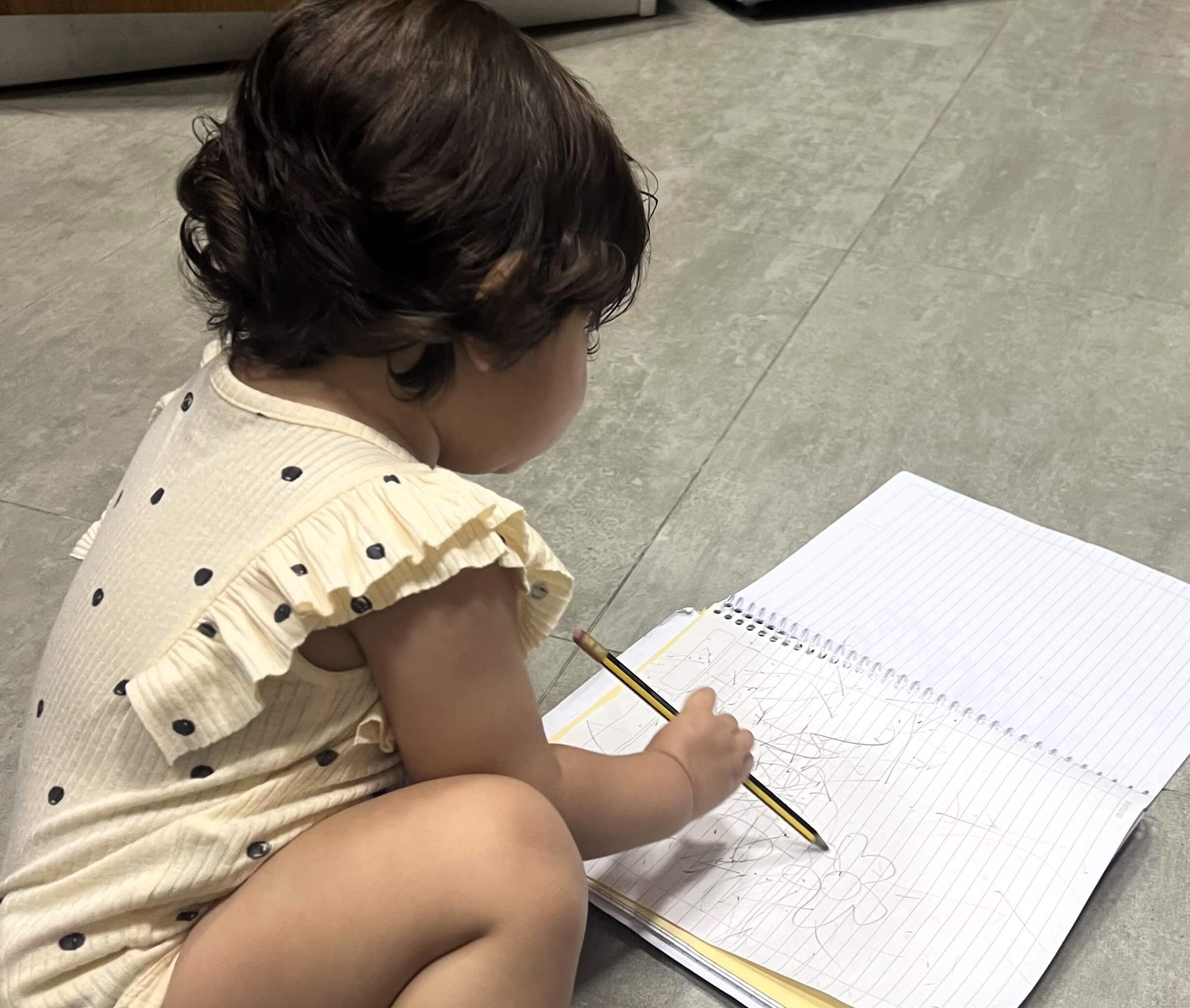When You're Not Okay — And You're Ready to Talk About It
Having thoughts of self-harm or suicide doesn’t always mean you want to die. It is a cry for help and escape, often meaning that you’re in pain, overwhelmed, and unsure how to keep going. You may feel like a burden, exhausted from pretending, or like no one would understand if you tried to explain.
At MapleTree Psychotherapy Center in Dubai, we provide a calm, private, and judgment-free space for individuals experiencing suicidal thoughts. Whether those thoughts are frequent, passing, or quietly persistent, you deserve support that takes you seriously — without panic, pressure, or shame.
Please note: We do not provide emergency or crisis care. If you are in immediate danger or need urgent help in Dubai, call 998 or visit the Emergency Department at Rashid Hospital.

What We Explore in Therapy
You may be carrying these thoughts alone for a long time. Or maybe they’ve only recently started to surface. Therapy offers a space to slow things down and explore what’s really going on beneath the surface.
In our work together, we might explore:
- Persistent or intrusive thoughts of self-harm or suicide
- Feelings of hopelessness, emptiness, or disconnection
- Emotional numbness or difficulty feeling joy
- A sense of being overwhelmed by responsibilities or expectations
- Shame, self-blame, or the belief that you’re a burden to others
- Emotional shutdown or dissociation after trauma or prolonged stress
These experiences can be frightening to sit with, and hard to talk about — but in therapy, you don’t have to hide them.
Our Therapeutic Approach
We do not rush or judge. Our approach is to listen, understand, and support you in building safety — both internally and in your life outside of therapy.
Your therapist may use:
- Safety planning and crisis management, when appropriate, to help you stay supported between sessions
- Preventative care, including creating safe spaces and identifying resources and strategies that can reduce overwhelm and increase resilience
- Collaboration with multidisciplinary treatment team, including working with a psychiatrist and caregivers to augment support and safety, as needed
- Psychodynamic therapy, to gently explore the emotional and relational roots of despair
- Emotionally focused therapy, to reconnect with feelings of hope, meaning, or purpose
- Dialectical Behavior Therapy (DBT), to develop effective coping skills and alternatives
- Attachment-based work, especially for individuals who feel disconnected or emotionally abandoned
Everything is tailored to you — your story, your needs, your pace.
Who We Work With
We support individuals who:
- Experience recurring thoughts of suicide or self-harm
- Have survived previous suicide attempts or crises
- Feel emotionally stuck or disconnected without knowing why
- Are high-functioning externally but struggling silently
- Have histories of trauma, abuse, neglect, or emotional isolation
- Are living in Dubai far from family or familiar support systems
Therapy is available in English, Arabic, French, Hindi, Urdu, Farsi, and Finnish, so you can speak in the language that feels most natural.
You Don’t Have to Stay in This Alone
If you’re living with thoughts that scare you, or if you’re simply tired of carrying everything by yourself — we’re here to support you. You don’t need to have the right words. You just need to begin.
Meet Our Team, Find a Therapist, or Contact Us to take the first step toward support.











